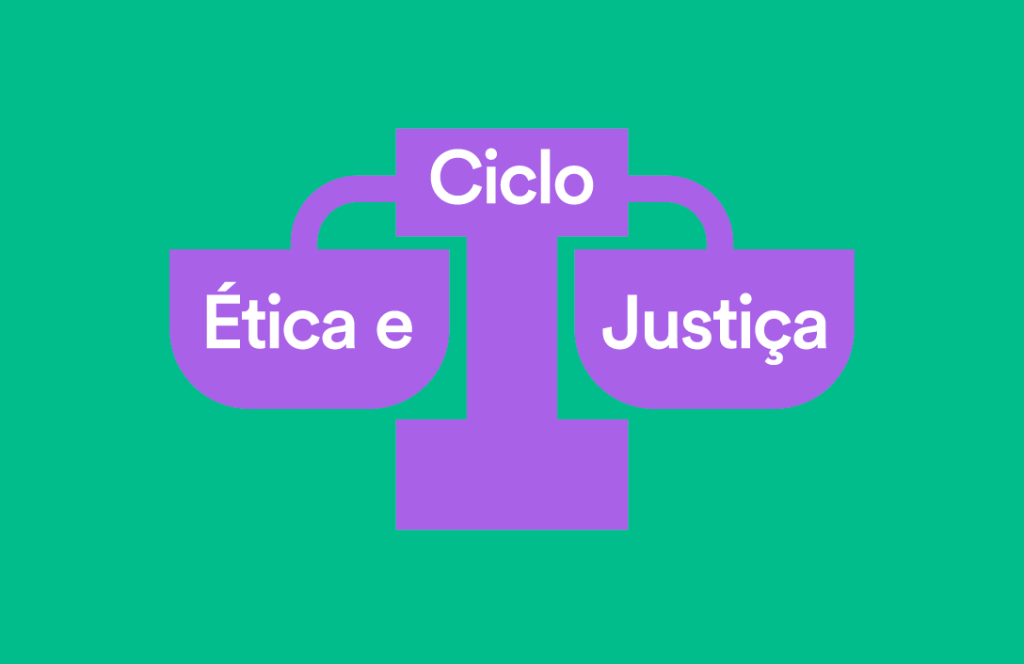Ethics and Justice Cycle

Ethics and Justice Cycle
We often hear children exhaust the phrase “It’s not fair.” Almost always when referring to something they feel isn’t right for them, usually because they wished for a different response or option, more in line with their desires, expectations, or what they feel they deserve. In those moments, they might suspect that justice is a right, but perhaps what they truly want to say is “This isn’t ethical!” Here, referring to the principles that motivate, distort, discipline, or guide someone’s behaviours.
Ethics is one of the most important principles in the social development of children because it relates to the awareness of what is right and wrong in our relationships with others. In fact, Ethics and Justice go hand in hand. Justice, dealing with legal matters, can promote moral and ethical principles. At the same time, the virtue of ethics within each of us can guide the improvement of laws.
This programme cycle, extending between the theatre and school, emerges in a time of prolonged wars, forever incomprehensible, spreading across countries. Ethics in the context of war and armed conflict fundamentally involves the “notion” of what is just, associated with the “right” to wage war as a form of self-protection. This idea of waging war naturally carries the subjectivity inherent to its assessment.
In this context, over the course of one month[MOU1] , through various artistic proposals and mediation activities, we aim to provide clues to help children and young people think about and raise questions concerning ethics and justice. Here, understood as a set of rules and precepts that guide an individual’s actions in the world, contributing to the construction of an increasingly upright, fair, and tolerant society.
We believe it is possible to contribute to the creation of a place where we can confidently say, “Attention, there are things that cannot be done,” without having to explain why.
Susana Menezes, artistic director

